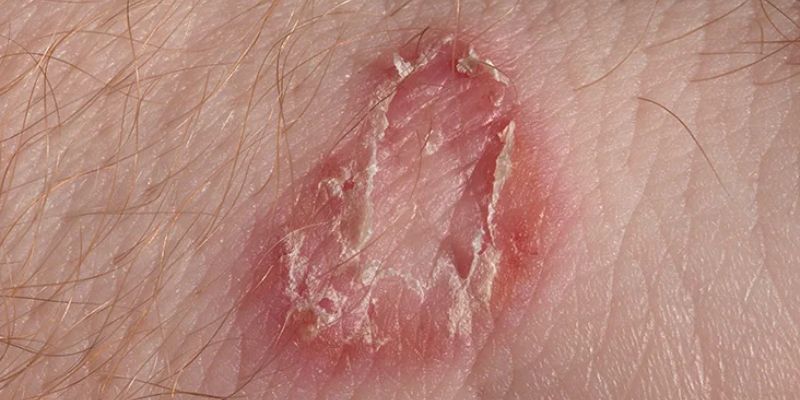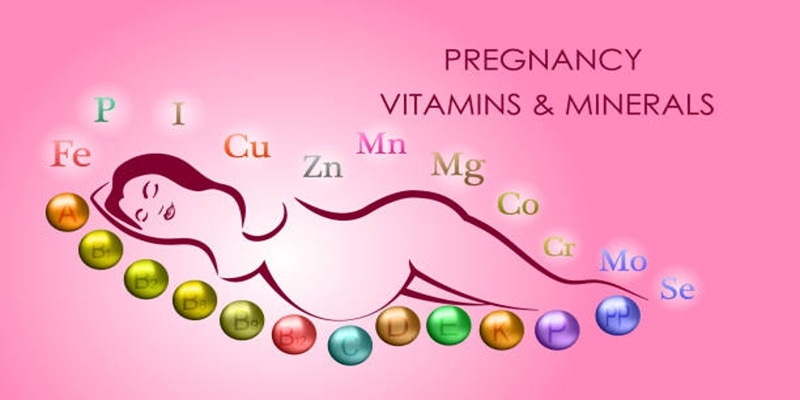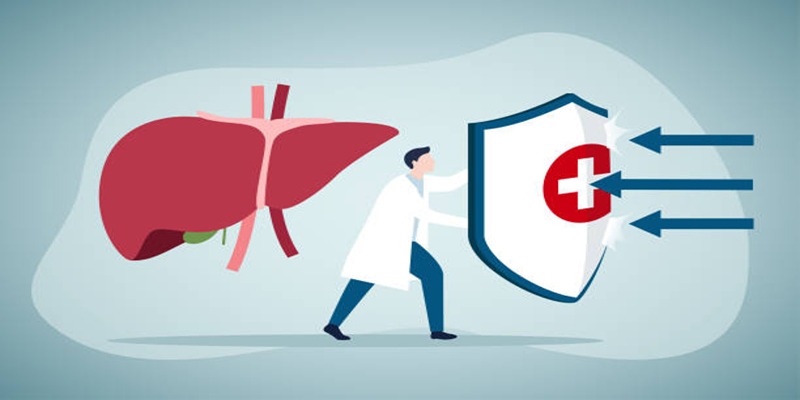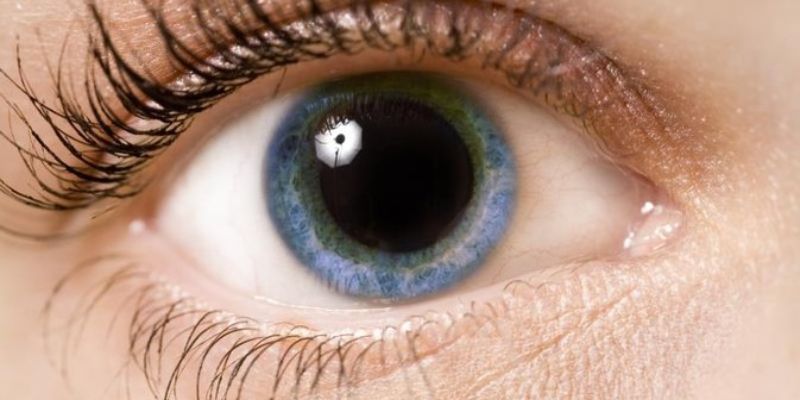Have you ever been in a situation where you unexpectedly start to sweat for no apparent reason?
You may have noticed that your palms are slick with sweat before you even begin to do something nerve-wracking, or you’ve suddenly broken out into a cold sweat in the middle of the night.
Chances are these reactions were caused by cold sweats – an involuntary response that is surprisingly common yet rarely spoken about and often misunderstood.
In this blog post, we will explain what causes cold sweats, when they should be seen as cause for concern, and how best to treat them if necessary.
What causes cold sweats
Cold sweats are a common symptom of anxiety, fear, or stress. They can also indicate other medical conditions, such as:
Shock
Shock is a medical emergency when insufficient oxygen-rich blood reaches the body’s tissues. Without prompt treatment, shock can lead to organ failure and death. Common symptoms of shock include pale skin, confusion, shallow breathing, rapid heart rate, cold sweat, and loss of consciousness. Shock may be caused by trauma, dehydration, severe infection, or allergic reaction.
Shock is a serious condition; medical help should be sought immediately if any of the symptoms are present. Using cold compresses or drinking cool water to alleviate discomfort is best until professional medical care is available.
Taking slow, deep breaths may also be beneficial to reduce anxiety and promote oxygen circulation throughout the body. Taking these preventative measures can help ensure a successful recovery from shock.
Infection or sepsis
Cold sweats might also result from an infection or septic shock. Sepsis is a potentially lethal medical illness that develops when the body's reaction to an infection results in widespread inflammation.
Symptoms of sepsis include fever, increased heart rate, rapid breathing, and extreme sweating or cold sweats. Without treatment, sepsis can lead to multiple organ failure and death.
It is important to seek medical attention if you are experiencing any of the symptoms of sepsis. Early detection and treatment can help prevent serious complications and even save lives.
Nausea or vertigo
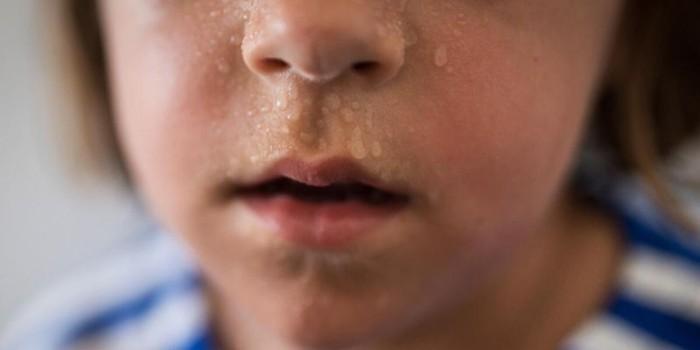
Nausea and vertigo are two common symptoms of cold sweats. Nausea is a feeling of uneasiness in the stomach or throat that can lead to the urge to vomit. Vertigo is the sensation of spinning or swaying, even when you're standing still. Sudden and extreme changes in body temperature can cause these sensations.
For example, if you become too hot or cold suddenly, it can trigger these sensations. Other common causes of nausea and vertigo associated with cold sweats include dehydration, infection, anxiety, and food allergies. If your symptoms persist or worsen, it is important to seek medical attention to determine the cause and get appropriate treatment.
FaintingIntense pain from injury
Fainting, sometimes called syncope, is a sudden and brief loss of consciousness caused by the inability of the brain to receive enough oxygen. Cold sweats can accompany it and usually indicate that the individual has lost blood flow or blood pressure.
The intense pain from an injury can also cause cold sweats and other signs such as paleness, nausea, a rapid heartbeat, and dizziness. Receiving immediate medical attention is essential if someone experiences these symptoms, as they could indicate more serious underlying issues.
It’s important to pay attention to any changes in the body to address them accordingly.
Stress or anxiety
Stress and anxiety can cause cold sweats due to the body's reaction to mental or emotional stress. This reaction can cause an increase in adrenaline and cortisol levels, leading to excessive sweating even when the body is not physically active. Stress or anxiety can also lead to changes in blood sugar levels, which may cause a cold sweat.
Finally, hyperventilation due to increased breathing brought on by anxiety can also cause a cold sweat. Taking steps to manage stress and anxiety, such as relaxation techniques or cognitive behavioral therapy, may help reduce the frequency of cold sweats.
Additionally, staying hydrated and avoiding caffeine or alcohol when feeling anxious are good ways to help prevent cold sweats due to stress or anxiety.
Migraines
Migraines are common headaches that can cause intense, throbbing pain. They may also be accompanied by other symptoms such as nausea, vomiting, sensitivity to light and sound, cold sweats, and fatigue. Migraines can last from several hours to days and vary in intensity. The exact cause of migraines is still unknown, but it is believed to be linked to changes in the brain’s blood vessels, chemicals, and nerve signals.
Genetics may also play a role, as some individuals have a family history of migraine headaches. Treating migraines includes taking medications, getting adequate rest, avoiding triggers such as stress or certain foods, and relaxation techniques. In more severe cases, lifestyle modifications such as dietary or physical therapy may be suggested. Taking steps to prevent and reduce the frequency of migraines can help manage this condition.
Hypoxia
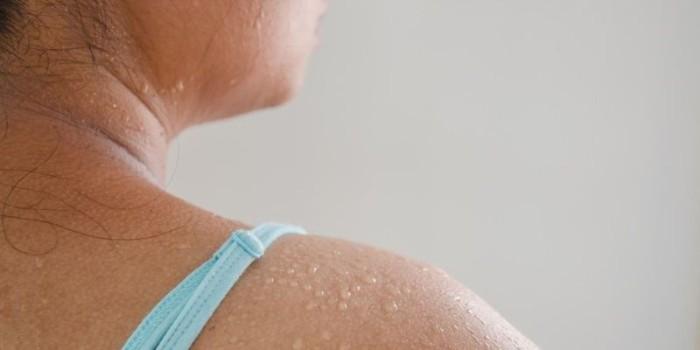
Hypoxia is a medical condition caused by inadequate oxygen supply in the body, leading to cold sweats. Several factors, including high altitudes, air pollution, and infectious diseases such as pneumonia or meningitis, can cause it.
Hypoxia may result from cardiovascular disorders or even trauma in more serious cases. Symptoms of hypoxia include shortness of breath, rapid breathing, irritability, confusion, and cold sweats. In extreme cases, it can lead to unconsciousness or death if not treated quickly.
It is important to seek medical help immediately if you experience any symptoms of hypoxia. Treatment typically involves using oxygen therapy and medications that improve oxygen levels.
Hypotension Menopause
Hypotension, or low blood pressure, is a common cause of cold sweats in menopausal women. It occurs when the body does not have enough fluid to circulate throughout the circulatory system and maintain a healthy blood pressure reading. This can be exacerbated by hormonal changes with age, leading to decreased circulating fluid levels.
Certain medications for other medical conditions can also cause hypotension. Symptoms include dizziness, lightheadedness, and cold sweats due to the body's inability to regulate its temperature. Severe cases of hypotension can be life-threatening without proper medical attention.
FAQs
What is cold sweats a symptom of?
Cold sweats can be a symptom of any condition, including shock, infection, sepsis, nausea or vertigo, intense pain from injury, stress or anxiety, migraines, hypoxia, hypotension, menopause, hyperhidrosis, and hypoglycemia.
Why do I have cold sweats but no fever?
If you are experiencing cold sweats without a fever, it could be due to several causes, such as stress or anxiety, intense pain from injury, hypoxia, hypotension, menopause, or hyperhidrosis. It is important to speak to your doctor if you experience any persistent symptoms that cause concern.
When should I be concerned about cold sweats?
If you experience cold sweats and other symptoms such as dizziness, palpitations, chest pain, or difficulty breathing, it is important to seek medical attention immediately. Cold sweats indicate a more serious underlying condition and should be investigated appropriately.
Conclusion
Although cold sweats can be a sign of an underlying medical issue, they are usually caused by more common triggers like shock, infection or sepsis, nausea or vertigo, intense pain from injury, stress or anxiety, migraines, hypoxia, hypotension, menopause, hyperhidrosis, and hypoglycemia. Suppose you find yourself experiencing cold sweats for no obvious reason or in combination with other symptoms like fever, dizziness, confusion, and abdominal pain.
In that case, it's always a good idea to discuss this with your doctor, who can help rule out potential health issues. In the meantime, try making lifestyle changes such as reducing caffeine and alcohol consumption and easing stress by getting plenty of rest and exercise. Knowing what causes cold sweats will give you a deeper understanding of your body processes so you can take greater care of your well-being.

